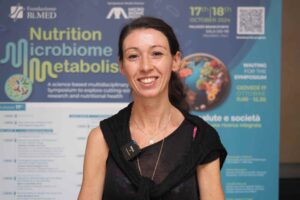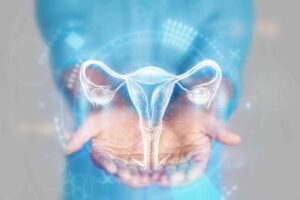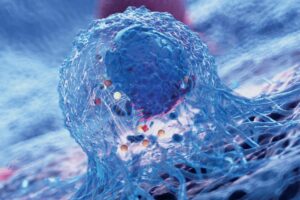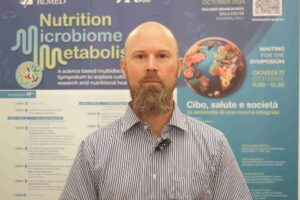What is already known
Recent research has shown that the bacteria in human milk play a critical role in shaping a baby’s gut microbiota, and disturbances in the transfer of beneficial bacteria from breast milk to the infant gut can lead to dysbiosis — a condition linked to asthma, allergies and other issues. However, the influence of maternal genetics on the composition of the milk microbiota and its impact on child health remains unclear.
What this research adds
Researchers analyzed milk samples and genetic information from hundred of mothers and health data from their children. They found that the microbiota in human milk can influence the development of conditions such as asthma and allergies later in life. Specific groups of microbes, such as Lawsonella bacteria, were linked to increased asthma and allergy risk in children. Some maternal genetic factors related to the milk microbiota composition also influenced these health outcomes.
Conclusions
The findings suggest that the milk microbiota and maternal genetics affect a child’s susceptibility to asthma and allergies.
Human milk has long been hailed as the best source of nutrition for infants, essential for their neurodevelopment and immune system maturation. New research now shows that some maternal genetic factors related to the milk microbiota composition may affect a baby’s susceptibility to asthma and allergies later in life.
The findings, published in Cell Host & Microbe, also indicate that a mother’s genes not only affect the microbiota but also the composition of human milk.
“An improved understanding of the genomic determinants of [human milk microbiota] will facilitate more nuanced studies on the benefits of breastfeeding on infants’ health, potentially contributing to the optimization of [human milk microbiota] for potential therapeutic applications,” the researchers say.
Recent studies have shown that the bacteria in human milk play a critical role in shaping a baby’s gut microbiota, and disturbances in the transfer of beneficial bacteria from breast milk to the infant gut can lead to dysbiosis — a condition linked to asthma, allergies and other issues. However, the influence of maternal genetics on the composition of the milk microbiota and its impact on child health remains unclear.
To understand how maternal genetics affects the milk microbiota and how this, in turn, influences childhood asthma and allergies, researchers led by Zhi Yi Fang at Queen’s University in Kingston, Canada, tracked hundreds of mothers and their children from birth to age 5.
Allergy risk
The team collected and analyzed human milk samples from 885 mothers, genetic information from 733 mothers, and health data from 871 children. The study participants were part of the CHILD Cohort Study — a large Canadian research initiative following 3,624 children from birth to age 5.
Certain microbial communities in human milk are linked to specific health outcomes in children, the researchers found. For example, higher levels of bacteria such as Pseudomonas oryzihabitans were associated with an increased risk of childhood asthma, while increased levels of Lawsonella species were linked to a tendency to develop allergic conditions such as asthma, eczema and hay fever.
A higher diversity of microbes in the human milk was associated with a lower risk of developing allergic conditions. “This suggests that microbes may alter the metabolic pathways of human milk, which may modulate risk of childhood asthma or atopy,” the researchers say.
Genetic influence
Next, the researchers analyzed data from genome-wide association studies to explore the relationship between maternal genetics and milk microbiota composition. The found that specific genetic variants were associated with different levels of microbial diversity and with the abundance of certain microbes, including Lawsonella and Sphingobacterium multivorum, in human milk.
Some maternal genes were linked to specific milk sugars and inflammatory markers that are known to influence milk microbiota composition. These results suggest that genetic factors not only affect the microbiota but also the broader composition of human milk.
Understanding how specific genes influence milk microbiota and its impact on childhood health may inform targeted interventions, the researchers say. The findings, they add, “highlight the importance of taking host genomic factors into consideration for future research on [human milk microbiota].”











